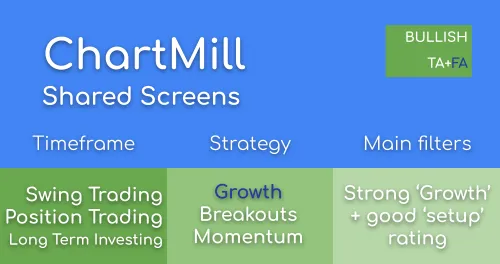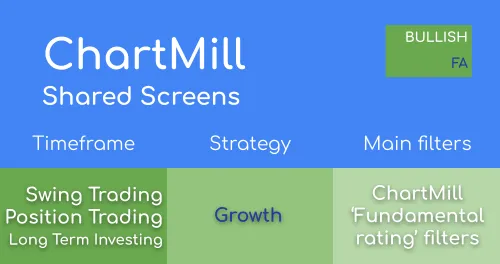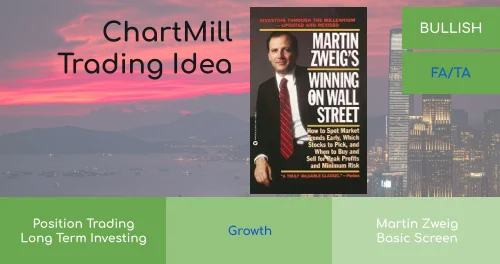The Zulu Principle by Jim Slater
By Kristoff De Turck - reviewed by Aldwin Keppens
Last update: Jul 23, 2024

Jim Slater wrote "The Zulu Principle" to fill a gap in British literature on stock market investment, targeting readers with some basic understanding of investment.
The book aims to teach readers how to become successful investors by leveraging niche market opportunities.
Investment is compared to a game where skill and luck both play roles. Slater emphasizes the importance of preparation and finding a market niche that is under-exploited by professionals, such as small dynamic growth shares.
Key Principles
- Invest in small, high-growth companies with a modest market capitalization. These companies are often under-researched and offer potential for significant gains.
- Understanding the relationship between a company's earnings growth rate and its price-to-earnings (P/E) ratio is crucial. The PEG factor (P/E ratio divided by earnings growth rate) helps investors identify undervalued shares.
- Be vigilant for signs of creative accounting practices that could mislead investors. He recommends closely examining financial statements for signs of manipulation, such as unusual changes in accounting policies or significant one-time items.
- Liquidity and cash flow of a company are vital indicators of its financial health. High levels of borrowing can be risky, especially for small companies, and should be carefully evaluated.
- Investing in companies that are innovators or early adopters of new technologies can be highly profitable. These companies often experience rapid growth as their innovations gain market acceptance.
- Companies with a sustainable competitive advantage are better positioned to generate long-term profits. This can come from unique products, strong brand identity, cost advantages, or exclusive access to valuable resources.
- Stocks with strong recent performance (momentum) and those outperforming the market (relative strength) are often good investment candidates.
- Additional criteria for selecting shares include management quality, dividend policy, and market sentiment. Each of these factors can influence a company's stock performance.
Screening Filters in ChartMill
General
Price
- Price above $3 or €3
Volume
- Volume at least 100.000 (SMA50)
Market Capitalisation
- Market Cap at most Mid Caps
Performance
ChartMill Relative Strength
- Relative Strength at least 70
Growth
Earnings Per Share (EPS) Growth
- EPS growth (3Y) at least 15%
- EPS Growth (1Y TTM) at least 20%
Valuation
Price/Earnings
- P/E at most 20
Price-to-Earnings Growth (PEG) Ratio
- PEG next Year at most 0.80 (custom filter)
Profitability
Return On Capital Employed
- Average ROCE (3Y) at least 10%
The Results
You will notice that with the above filters, the number of candidates worldwide is very limited. This in itself is not surprising; after all, you are looking for profitable companies that are growing strongly but are not yet overvalued....
Through this link you can directly access the 'Zulu Principle' Trading Idea in ChartMill and immediately start analyzing stocks that meet these strict filtering criteria.
Still, the author insists on some additional elements that you should also check beforehand:
- Avoid capital-intensive companies that are more likely to be burdened with high levels of debt.
- Choose companies that manage to generate significant amounts of cash flow.
If you also want to take these elements into account when screening, consider adding an additional debt/fcf ratio.
Some variations



























